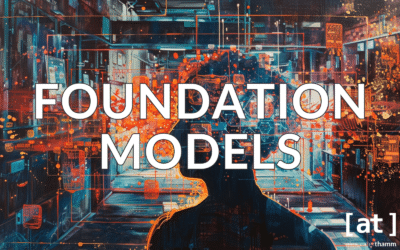data.blog - Facts about Data Science & Artificial Intelligence
LLM Explainability: Why the "why" is so important
"Explainable AI" (XAI) is crucial for understanding the decision logic of highly complex AI models such as LLMs. Suppose you have applied for a loan from a bank. In a conversation with the bank representative, you are told that your...
Generative artificial intelligence: the end of an illusion
The legal disputes regarding copyrights in the training of image or art-generating algorithms have not yet been decided. However, regardless of the outcome of the proceedings, the development will scrutinise the position of artists and...
Cloud transformation for data-driven companies
Cloud transformation is the key to unlocking flexibility, scalability and innovation for your organisation. According to Gartner, the move to the cloud will account for around 1.8 trillion dollars in corporate IT spending by 2025.
An Introduction to Foundation Models
Generative AI is a popular term in the business world, and the underlying technology, Foundation Models (FMs for short), is gaining traction due to its widespread use and adoption. The technology is of interest to businesses at...
Know how: Cloud Engineer in the job profile
The steady transition of modern organisations to cloud computing and data storage creates the need for a cloud engineer. Cloud engineers are IT employees who are responsible for all technical tasks related to cloud computing.
Data security: compactly explained
Everything that is valuable must be protected, and that includes data. The importance of data in today's world makes it an asset worth protecting, which makes data security a necessary technological concept. This...
European AI Act
Technological and legal advice









